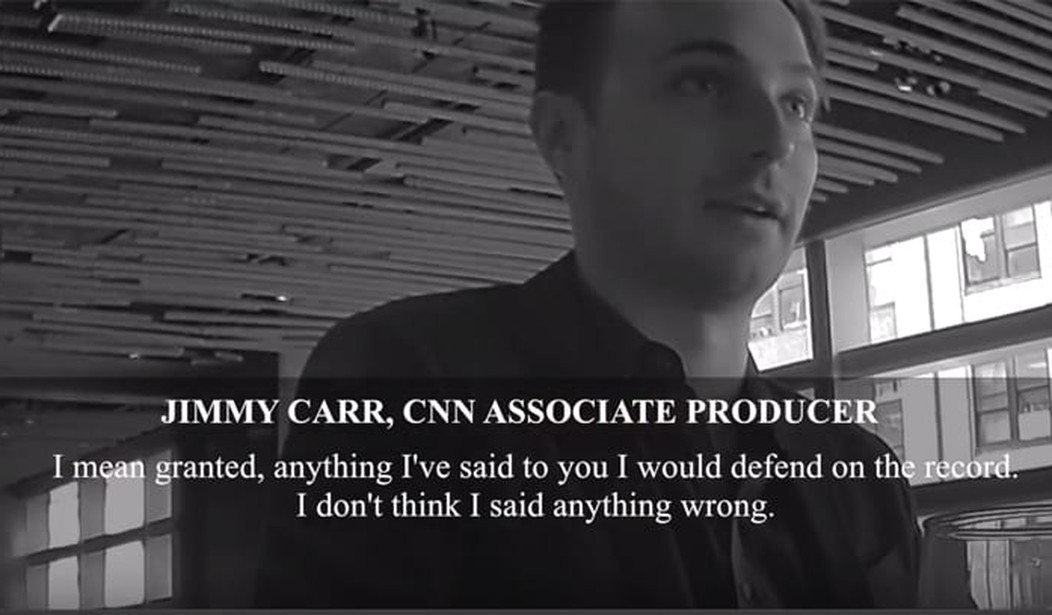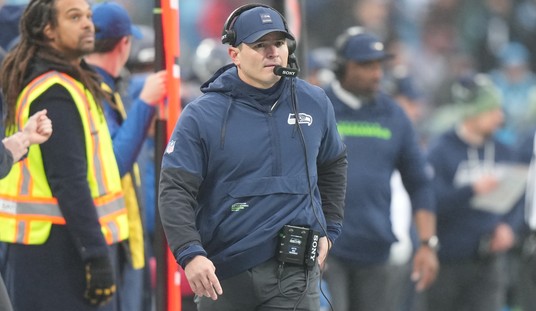WASHINGTON – House Democrats this week demanded answers from the Trump administration after allegations surfaced that members of presidential task forces are improperly using their positions for financial gain in repealing regulations from the EPA, HUD and other agencies.
In a scathing Aug. 7 letter to Office of Management and Budget Director Mick Mulvaney and OMB Administrator Neomi Rao, the Democrats target various members of the task forces – including individuals with ties to the oil and real estate industries. Reps. John Conyers, Jr. (D-Mich.), Elijah E. Cummings (D-Md.), Gerry Connolly (D-Va.) and David Cicilline (D-R.I.) accuse political appointees “with deep industry ties” of operating in secret without public input and improperly refusing to disclose details about their meetings.
“Rather than ‘drain the swamp,’ these conflicts threaten to influence the outcome of the review process against hardworking Americans and in favor of regulated industries and agency staff,” the letter reads.
President Trump established his Regulatory Reform Task Forces through an executive order in February. Task force members are responsible for providing recommendations on which agency regulations to repeal, as the White House looks to fulfill its promise of loosening what it sees as the needless constraints of bureaucracy.
Citing an investigation by The New York Times and ProPublica, the lawmakers claim that about a third of the task forces’ “identifiable employees” have material conflicts of interests. This includes attorneys who have grappled with the government over regulations, “political dark money groups,” individuals with ties to organizations who would benefit from deregulating agencies like the EPA and “at least three people who were registered to lobby the agencies they now work for.”
One task force member at the EPA is married to a top oil industry lobbyist, while a member at HUD owns real estate subject to regulations under review, the letter noted. The lawmakers also take issue with the “clandestine” manner in which these task forces have been conducting meetings between regulators, lobbyists and trade associations. The investigation showed that at least 58 oil and gas industry representatives met with one deregulatory task force in the span of four months. There is no record of what was discussed or what actions were taken after the meetings, the letter noted. The Executive Branch would be in violation of the Federal Records Act if it’s not maintaining meeting records, the lawmakers continued.
“These task forces are eerily reminiscent of the secretive energy task force run by former Vice President Cheney,” the letter reads. “Simply put, it is unacceptable for federal agencies to operate in such a clandestine and unaccountable manner especially when the result could be the undoing of critical public health and safety protections.”
The lawmakers’ claims have been compared to similar complaints against Democratic administrations. Lauren Wright, a politics instructor at Princeton University who served on the White House Transition Project, noted in an interview on Thursday that the letter is reminiscent of Republican charges against Hillary Clinton in the early 1990s when she led a task force on reforming the American healthcare system. Her group fielded criticism and lawsuits concerning meeting secrecy and the appearance that special interests were dictating outcomes.
“This doesn’t strike me as a necessarily partisan issue because the thing to remember is that every single president tries to get more control over policymaking,” Wright said. “They try to empower political appointees that they really trust.”
On the other hand, Trump can add another negative narrative to his administration’s legacy, Wright added.
“Their propensity toward self-sabotage continues to impress me, but this is also not something that we’ve never ever seen before,” she said.
Wright pointed out that the Obama administration made very minor efforts to feign the appearance of transparency. For example, Obama opened the White House visitor logs to the public, though Wright contended that those in the White House were free to meet with whomever they pleased at the Starbucks across the street. The Trump administration has opted not to make the White House logs public, which Wright said is bad strategy.
“It looks like you’re hiding something when you might not be,” Wright said. “Whatever you can do to be transparent is better. … This administration, they don’t appear to do a lot of the things that are just easy to do that the Obama administration did.”
The Democrats in their letter demanded descriptions of the task forces; a list of names, titles and organizational ties for each member; information on meeting proceedings; and details ensuring that the meetings were kept in balance, without favoritism toward special interests, among other requests. The Democrats want a response by Aug. 25.









Join the conversation as a VIP Member